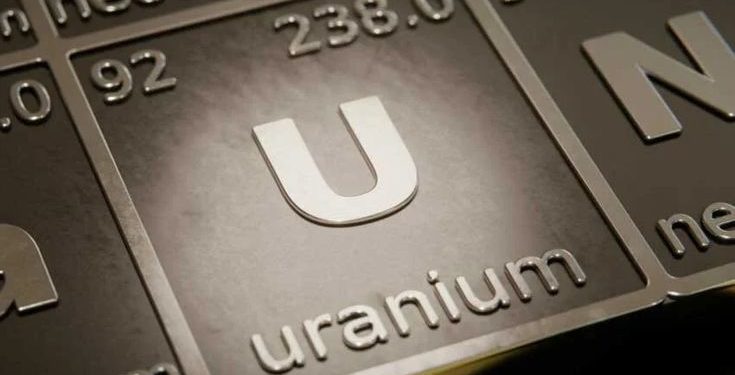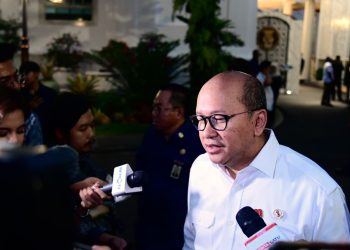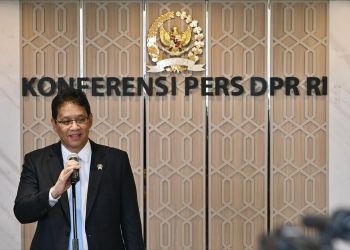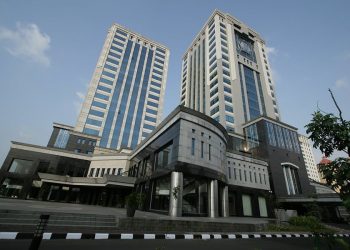Jakarta, Indonesia Sentinel — Indonesia’s Ministry of Energy and Mineral Resources (ESDM) is drafting a new regulation to enable the processing of radioactive materials such as uranium. The move follows the discovery of an estimated 24,000 tons of uranium and thorium reserves in West Kalimantan.
“We are currently preparing the government regulation (PP). Hopefully, it will allow for the implementation of uranium purification and processing,” Deputy Minister of Energy and Mineral Resources Yuliot Tanjung said at the ministry’s office in Jakarta on Friday, June 20, as reported by Antara.
Uranium processing falls under the category of radioactive business activities, which are subject to stringent government oversight. Tanjung emphasized that the government cannot immediately issue permits for areas with radioactive potential due to the sensitive nature of such operations.
“We are currently working on structuring the licensing process for radioactive zones. Permits related to mining areas with radioactive content are naturally subject to stricter regulations,” he added.
The uranium processing initiative will involve cross-agency collaboration. The National Research and Innovation Agency (BRIN) and the Nuclear Energy Regulatory Agency (Bapeten) will play key roles in the development of nuclear power infrastructure, including ensuring environmental safeguards during uranium refinement.
“We are also focusing on environmental aspects. Our current priority is setting up the purification and processing stages,” Tanjung said.
Read Also:
Indonesia Discover Uranium Reserves for Nuclear Power Plants in West Kalimantan
Indonesia’s latest 2025–2034 Electricity Supply Business Plan (RUPTL), issued by state utility PLN, highlights West Kalimantan as a promising source of various energy options, including uranium, hydropower, biomass, biogas, and coal.
The report identifies 24,112 tons of uranium reserves in Melawi Regency and includes plans to build nuclear power plants as part of the country’s strategy to diversify its energy mix with new and renewable sources.
According to the RUPTL, the government is targeting a total nuclear power capacity of 500 megawatts between 2025 and 2034. However, the realization of nuclear energy development still depends on regulatory decisions and comprehensive feasibility studies.
(Raidi/Agung)


























